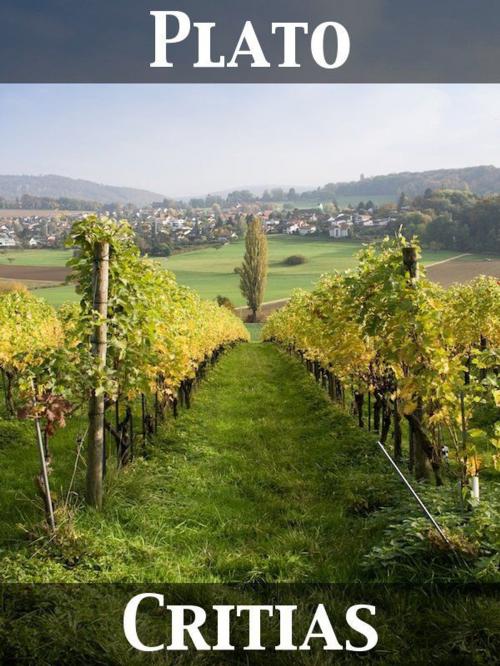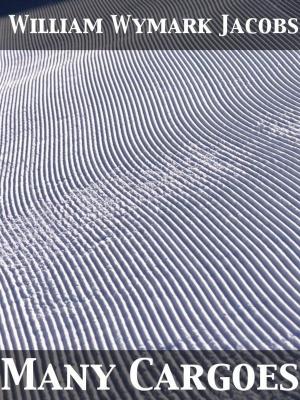| Author: | Benjamin Jowett, Plato | ISBN: | 9782819933199 |
| Publisher: | Release Date: November 27, 2011 | Publication: | November 27, 2011 |
| Imprint: | pubOne.info | Language: | English |
| Author: | Benjamin Jowett, Plato |
| ISBN: | 9782819933199 |
| Publisher: | Release Date: November 27, 2011 |
| Publication: | November 27, 2011 |
| Imprint: | pubOne.info |
| Language: | English |
The Critias is a fragment which breaks off in the middle of a sentence. It was designed to be the second part of a trilogy, which, like the other great Platonic trilogy of the Sophist, Statesman, Philosopher, was never completed. Timaeus had brought down the origin of the world to the creation of man, and the dawn of history was now to succeed the philosophy of nature. The Critias is also connected with the Republic. Plato, as he has already told us (Tim. ), intended to represent the ideal state engaged in a patriotic conflict. This mythical conflict is prophetic or symbolical of the struggle of Athens and Persia, perhaps in some degree also of the wars of the Greeks and Carthaginians, in the same way that the Persian is prefigured by the Trojan war to the mind of Herodotus, or as the narrative of the first part of the Aeneid is intended by Virgil to foreshadow the wars of Carthage and Rome. The small number of the primitive Athenian citizens (20, 000), 'which is about their present number' (Crit. ), is evidently designed to contrast with the myriads and barbaric array of the Atlantic hosts
The Critias is a fragment which breaks off in the middle of a sentence. It was designed to be the second part of a trilogy, which, like the other great Platonic trilogy of the Sophist, Statesman, Philosopher, was never completed. Timaeus had brought down the origin of the world to the creation of man, and the dawn of history was now to succeed the philosophy of nature. The Critias is also connected with the Republic. Plato, as he has already told us (Tim. ), intended to represent the ideal state engaged in a patriotic conflict. This mythical conflict is prophetic or symbolical of the struggle of Athens and Persia, perhaps in some degree also of the wars of the Greeks and Carthaginians, in the same way that the Persian is prefigured by the Trojan war to the mind of Herodotus, or as the narrative of the first part of the Aeneid is intended by Virgil to foreshadow the wars of Carthage and Rome. The small number of the primitive Athenian citizens (20, 000), 'which is about their present number' (Crit. ), is evidently designed to contrast with the myriads and barbaric array of the Atlantic hosts




![Cover of the book Life of Bunyan [Works of the English Puritan divines] by Benjamin Jowett, Plato](https://www.kuoky.com/images/2011/november/300x300/9782819949459-hCGL_300x.jpg)










